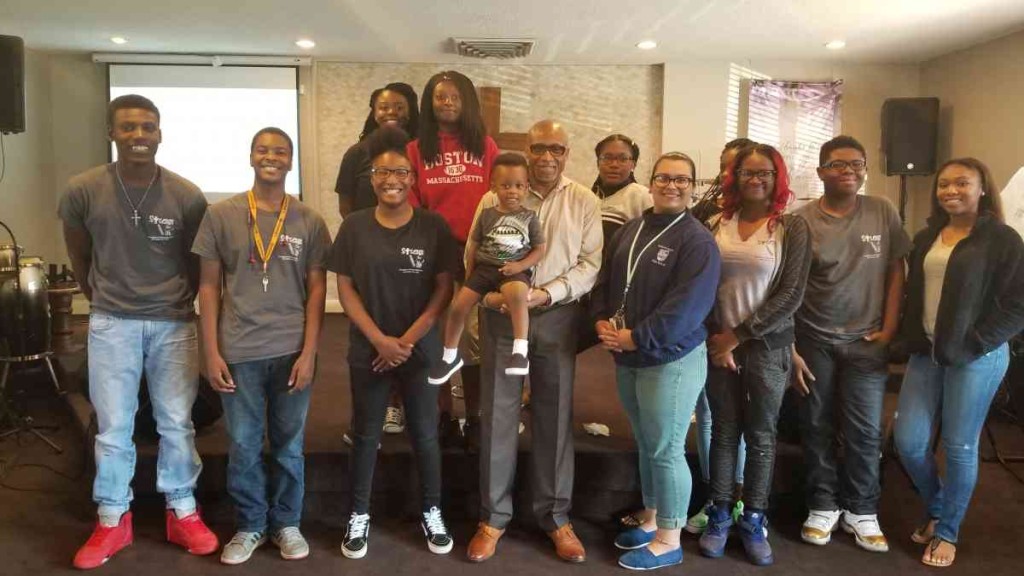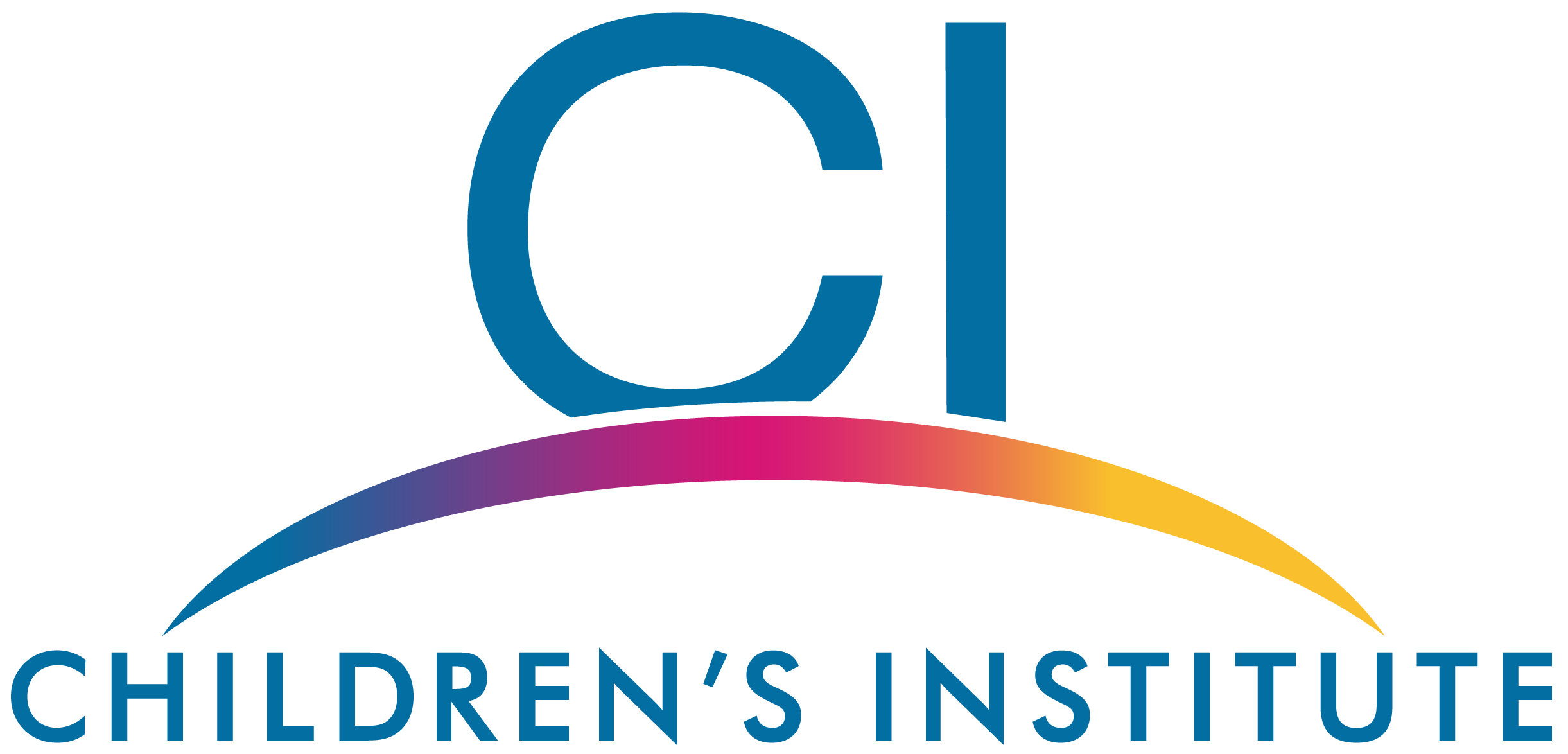Community Profile: Danette Campbell-Bell and Strings for Life
1. Can you provide a short Bio about yourself?
Danette Campbell-Bell is a highly skilled Youth Development Practitioner, Consultant, Trainer, Instructor, Coach, Mentor and Conference Speaker with over twenty years of experience in developing, implementing and managing creative, quality youth programs with a track record of high performance outcomes. Danette is a champion, advocate and voice for children and youth. She is the Seed Planter!
As Principal Consultant and Owner at Campbell-Bell Consulting, Danette has the privilege of providing sound strategies and creative solutions for a wide range of clients including: The United Way of Greater Rochester, The Greater Rochester After School Alliance, The New York State Network For Youth Success and the City of Rochester Department of Recreation and Youth Services to name a few.
She is also Managing Partner at Strings For Life, LLC as well as Project Founder and Director of the Strings For Life Music Project, a collaborative partnership with The Campbell Brothers, Love Fellowship Worship Center/Love Ministries, Inc., Nazareth College’s Community Youth Development Major Program, The Frederick Douglass Toastmasters Club and supported by Robert Randolph.
Danette currently serves on the following boards, councils and committees: The Governance Committee of the Rochester Area Business Ethics Foundation Board, Advisory Council to the Community Youth Development Bachelor’s of Science Degree Program at Nazareth College, GRASA (Greater Rochester After School Alliance) Advocacy Committee, The Rochester Monroe Youth Committee and Co-Chair of the AALDP Curriculum Committee. Danette is a Power of 3 Ambassador for the New York State Network For Youth Success, representing the Rochester region and an Executive Member of the National After School Association. She also serves on the Leadership Team of Love Fellowship Worship Center, is Director of the Youth Ministry, oversees the Couples’ Ministry with her husband and is a worship leader there as well.
Danette has been married to Walter Maurice Bell for nearly 14 years. They are the proud parents of Daniel Maurice Bell, their 3-year-old son and special miracle!

2. Who does SFL serve?
The Strings For Life Program serves youth from across Monroe County and the City of Rochester. Our School-Based programming serves youth in Elementary Grades, Middle & High Schools. The Summer Youth Employment Program Strings For Life Music Project is a 6-week experience that serves 14-16 year olds with a primary focus on ensuring that youth are college prepared, career focused and life ready.
Mission: SFL is a hands on music project utilizing the steel guitar “sacred steel” tradition to encourage creative expression in youth while equipping them with life skills to build their spirit, confidence and competence.
At SFL we are “Changing and Impacting Lives, One Guitar at a Time”. By building and raising young people’s confidence, we build and raise their competence.
I believe that we were all created and born with the desire to be good at something and to belong to something. To have a sense of accomplishment, achievment and belonging is within each of us, it is inate. It is no different when it comes to children and youth. Because I believe this premise, SFL is intentionally designed to foster a sense of belonging, accomplishment and achievement. SFL has been implemented in a faith-based environment with a hands-on experiential, positive youth development group work approach where young people feel an overwhelming sense of hope, community and connectedness. The program is not religious. It lends itself to a revelatory discovery of a sense of self; a keen awareness of one’s self in relationship to others and an appreciation of both your own value and worth with the ability to see value and worth in others.
SFL challenges young people to reflect, keep it real, relate, respond, receive and reciprocate. SFL youth experience massive doses of care, support, guidance and encouragement from their Artist Mentors and the SFL Staff; it’s the Caring Adult Factor. The 6 week SFL program design is foundationally rooted in these core elements of progressive skill building emphasizing Product Based Learning: Introduction/Exposure, Acquisition/Attainment, Retention, Proficiency, Performance, Mastery and Mentoring. Practice and Repetition is key, fundamental and compulsory. Thus preparing the youth for the culminating outcome of the program the product, the live performance of their original song, showcasing and demonstrating of all of the skills learned over the course of the program which includes: a Skills Portfolio with a Resume, College and Career Research Project, a Dream Board, a Life Action Plan and a Toastmaster’s Youth Leadership Certificate.
SFL has been serving our community since 2007. It began in partnership at Charles Settlement House through the Collaborative After School Program at School #17 serving 3rd-6th graders.
3. Why is out of school time programming important for young people? What do they gain from participating in a program, or having a place to go during their OST hours?
OST programming and ASP (After School Programs) are important for plethora of reasons. Young people gain a great deal from OST/ASP, and parents benefit equally. I call it the E’s of OST/ASP – Engagement, Excitiment, Exposure, Expression, Efficacy, Exploration, Experiences, Empowerment, Education, Economics and Employment. We know that 3 pm – 6 pm are critical hours when young people tend to engage in risky behaviors if they are not involved or engaged in stuctured, OST, ASP or Extra-curricular activities at school such as sports or clubs. Parents tend to be at work during these hours and need to know that their children are safe and are being cared for. When parents and families have this assurance, parents can focus on work and employers are not impacted by issues related to the need for child care.
Therefore, it is vital for us to provide a safe place and space for youth to experience a wide range of activities and opportunities that support their growth, development, that encourages inquisition and discovery of untapped potential and purpose within them, piques their interests and curiosity in creative and fun ways, with an emphasis on quality!
4. What are your thoughts about Rochester’s OST environment?
Through the work and collaborative efforts of GRASA (Greater Rochester After School Alliance) and other entities such as The Rochester Area Community Foundation, The United Way of Greater Rochester, The Greater Rochester Health Foundation, The Wilson Foundation, The Center For Social –Emotional Learning at Children’s Institute, the Children’s Agenda, ROC the Future, The City of Rochester and the City School District; I believe that we are in position, well-equipped and resource rich in Rochester to be an exemplary leading city in this arena. We are doing GOOD work on behalf of children and youth in Rochester.
Jerome Underwood often ask the question “How are the children”? Based upon our staggering statistics in Rochester related to child poverty, trauma and ACES, low graduation rates; we know the answer, it is not good. However, I firmly believe and can say with confidence that we have the ability to accomplish GREATER by committng to do our BEST work on behalf of and with children and youth in our great community. We need to provide more opportunities, more program slots, more funding and higher, comparable wages for the people who work with children and youth. Afterall, the children and youth are our future. Our provision, policy, process and practice should be aligned with prevention being at the forefront. We cannot say that we are investing in the future and not follow that up with the money and allocations to support that claim! We have what it takes if only we can lay aside egos, break down silos, partner and collaborate not just on paper, stop competing since they are all of OUR children, share data, move out of our own way as adults and refocus our attention on what really matters – the children and youth! As Dirk Hightower said at the Raising Resilence Summit earlier this year “Children and youth have to be at the center of every conversation, at every table, every time”.
5. How does Strings For Life measure success?
Success within the SFL program is measured in the following ways: through pre and post surveys completed by the youth and their parents/guardians, through observations and feedback completed by staff, artist mentors and peer participants and by self reports through interviews. Completion of projects and products are also evaluated. SFL collects quantitative and qualitative/anecdotal evidence to substantiate and validate our program goals and outcomes; viewing both approaches as mutually important to derive intended results.
6. You mentioned that you attended the Annual International Learning Exchange this summer with the National Afterschool Association. Can you tell us about that experience? What was your biggest takeaway?
As an executive member of the National Afterschool Association and a 2017 – 2018 Power of 3 Ambassador for the New York State Network For Youth Success, I attended the NAA’s Annual International Learning Exchange in Rome, Italy in June. It was by far one of the best workweeks of my entire career. The global perspective regarding children and youth has grown by leaps and bounds. This educational and cultural immersion experience was enlightening, engaging and empowering both professionally and personally. It was also exciting to share this experience with my husband Walter and our 3 year-old son Daniel.
My greatest take away and I was most impressed by the Italian approach to working with children and youth within the educational system as well as OST/ASP. Their value of children and youth is demonstrated in their politics, policies, process and practice regarding children and youth through the NOP (National Operational Plan) inclusive of their 21 Articles or Laws regarding children. Ample and adequate funding and investments are allocated without hesitation to ensure that the children are prepared to for life and to become global citizens. Education is compulsory up to age 18; parents are jailed if children are not in school. OST/ASP has only been in existence in Italy since 2000 and although OST/ASP is not compulsory, it is highly recommended. 95% of Italian children and youth participate in OST/ASP. Now that is amazing!
